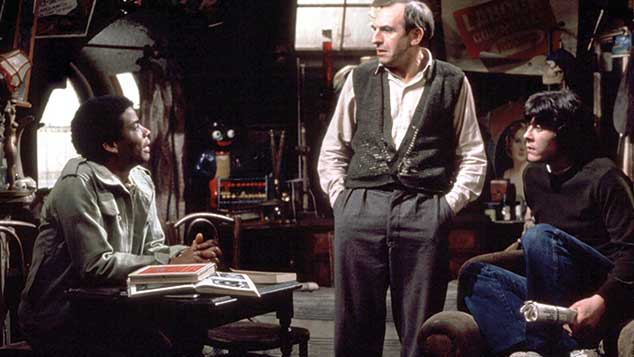
Tenants may soon have the right to sue landlords who let properties that aren’t “fit for human habitation”. The Homes (Fitness for Human Habitation and Liability for Housing Standards) Bill, put forward by MP Karen Buck, has passed its second reading in Parliament. The Bill has now been sent to a Public Bill Committee for consultation and must go through several more stages before becoming law – but since it now enjoys government backing, this seems likely to happen in due course.
Landlords and letting agents already have to ensure properties are not kept in a state of “disrepair” and are obliged to repair heating, gas, water and electricity installations where broken or damaged. However, these obligations don’t cover things such as fire safety, inadequate heating, or poor ventilation. As a result, there are a whole range of “fitness” issues that can seriously affect the wellbeing and safety of tenants, about which tenants can do nothing at all.
Under the current system, a tenant can request that a landlord make repairs and complain to the council if necessary work isn’t carried out. Environmental health officers can visit a rental property to check for hazards under the Housing Health and Safety Rating System. Such hazards include mould, excess cold and fire risks. If any hazards are found, the council can compel the landlord to address them by issuing a formal enforcement notice and, if the problem is not rectified, prosecute the landlord. However, tenants’ campaign groups complain that it’s pot luck as to whether a council acts on a tenant’s complaint or has the resources to follow it up.
Enforcing the law
Buck’s bill doesn’t put in place any new standards for landlords, but seeks to achieve better enforcement of existing laws and regulations. If the bill becomes law, tenants will be able to take direct action against landlords where the council hasn’t, or can’t. In effect, this means those who rent will be able to take their landlord to court for breach of contract if their property isn’t fit for human habitation at the beginning of the tenancy and throughout. So if it passes, it will be more important than ever that landlords inspect properties regularly, fix defects, and keep accurate records.
The bill has generally been welcomed by the property industry. However, there are concerns that enabling tenants to seek action against their landlords through the courts could give lead to a raft of unjustified claims for compensation. Despite this, the Residential Landlords Association is supporting the bill, saying it is “not a charter for spurious tenant complaints”. Under the proposals, tenants with complaints about the state of a property would first need to raise their concerns with their landlord and provide sufficient time for the landlord to respond. Only after that could they go to court. Even then, the court would need to be satisfied that the concern raised by the tenant was not related to a problem of their own making (for example, condensation and mould caused by a tenant’s lifestyle).